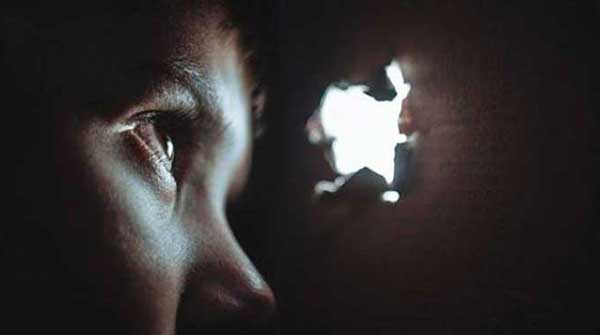 Once they were big. Really big. Kings of Hollywood, producers of movies that were nominated for more than 300 Oscars.
Once they were big. Really big. Kings of Hollywood, producers of movies that were nominated for more than 300 Oscars.
But when their founder was outed as the captain of the American freestyle groping team, The Weinstein Company’s name became toxic: board members resigned, industry players rushed to disassociate themselves from the firm, and the New York attorney general subpoenaed the company’s records. The Weinstein brand went from gold to mud in the space of a week.
But your company doesn’t need to have been involved in industrial-scale sexual harassment to suffer. There are strange doings afoot in the troubled world of the North American culture wars: once unchallengeable brands are finding themselves victims of the increasing hostility and divisiveness of public debate.
Take, for example, the case of the death of Gord Downie and social media blunders by the Hudson’s Bay Company and Chevrolet.
When the iconic Canadian rocker passed away, Twitter was flooded with tributes to the man and his music. The department store chain joined the homage by tweeting “Here’s to the King of the Canadian Tuxedo. #RIPGordDownie,” along with an image of three name-brand denim jackets the company was selling. Big mistake. HBC was instantly attacked for being crass and commercial, and was forced to pull the tweet within the hour.
Chevrolet Canada blundered into a similar buzz saw when the company posted an image of a lonesome highway and this message: “Over 53 years, a kid from Kingston spent his life on the road, inspiring Canadians with his music from coast to coast. Today we say goodbye to an icon. R.I.P.” Quoth one twitterer: “Is anyone really surprised that The Bay & Chevrolet would use Gord Downie’s likeness to sell their crap without actually mentioning his name? Companies aren’t simply myopic or insensitive about social media; they just don’t give a damn. And we should feel the same way about them.”
The sports channel ESPN has suffered a substantial loss in subscribers (as many as 13 million defectors in the past six years) after the brand was deemed to be too invested in political correctness. This view was reinforced when they pulled Asian-American sportscaster Robert Lee from broadcasting a University of Virginia football game lest viewers associate him with the Confederate general of the same name.
If any American brand was thought to be unassailable it would be the National Football League, a powerful consortium of 32 owners of franchises valued in the gazillions, watched by hundreds of millions of fans and supported by more than $14 billion in annual revenue. Lately, however, television viewership and stadium attendance has dropped – facts attributed to the controversy over whether players should show respect to the national anthem. The NFL is now viewed unfavourably by 60 percent of fans who identify as Republican.
There is no longer anywhere to hide in the culture wars taking place across North America. Righteous indignation and claims to victimhood are the most valuable weapons any group can wield: a clumsy tweet, an offensive logo, or failure to be quick enough in denouncing the public enemy of the week can bring disaster to the most established brands.
One week, it’s Harvey Weinstein. Next week, who knows?
Gerry Bowler is a Winnipeg historian and a senior fellow at the Frontier Centre for Public Policy.
Gerry is a Troy Media contributor. Why aren’t you?
The views, opinions and positions expressed by columnists and contributors are the author’s alone. They do not inherently or expressly reflect the views, opinions and/or positions of our publication.


